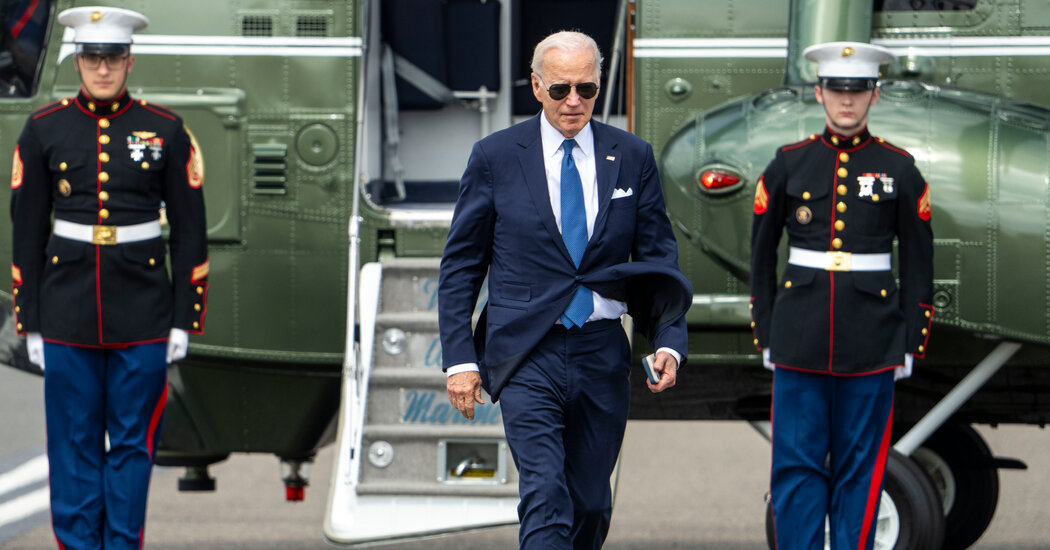U.S. officials say that the two militaries are having increasingly risky naval and air contacts, and that any accident could precipitate a crisis. But military diplomacy remains a yawning gap in relations.
Mr. Xi and his aides rebuffed Mr. Blinken when he asked for them to reopen senior-level military-to-military channels, which China shut down after Speaker Nancy Pelosi visited Taiwan last August. And in early June, Defense Secretary Lloyd J. Austin III got the cold shoulder from his Chinese counterpart, Gen. Li Shangfu, at an annual security conference in Singapore. The U.S. government imposed sanctions on Mr. Li in 2018 over purchases of military equipment from Russia.
Both the Biden administration and Chinese officials are bracing for domestic U.S. politics to add to strains next year. Republican and Democratic candidates in the 2024 elections are expected to try to outperform one another in hawkish rhetoric on China. U.S. officials say the trips this summer are intended to give the two governments a chance to have frank conversations about the relationship before the political campaigning heats up.
“For the Chinese, this year is the last chance before things presumably turn much more sour next year with the U.S. presidential election,” said Yun Sun, a scholar of China’s foreign policy at the Stimson Center in Washington. “Combined with China’s own economic challenges, especially the sluggish recovery, Beijing has incentives to make amends. Washington does, as well.”
China wanted to receive U.S. economic cabinet officials ahead of Mr. Blinken, but the Biden administration insisted that Mr. Blinken had to be the first official to visit after the secret trip of William J. Burns, the C.I.A. director, in May.
Chinese officials avoided making commitments with Mr. Blinken on any major issues, including on limiting exports of precursor chemicals used to make fentanyl, for which China is the main supplier. Chinese officials are suspicious of Mr. Blinken, who regularly raises issues of strategic competition and human rights. In February, he canceled his initial plans for a visit because of a Chinese spy balloon episode, and he said publicly that same month that China was considering sending military aid to Russia for use in Ukraine.
Ms. Yellen got a warmer reception starting last Thursday. China’s finance ministry issued a lengthy statement on Monday describing her comments in favorable terms seldom seen in other recent declarations on U.S.-China relations. The statement highlighted Ms. Yellen’s insistence that the United States is not seeking to decouple, or unplug, its economy from China’s. Less than two weeks ago, Li Qiang, the premier of China, warned in a speech that the United States was trying to do just that.

